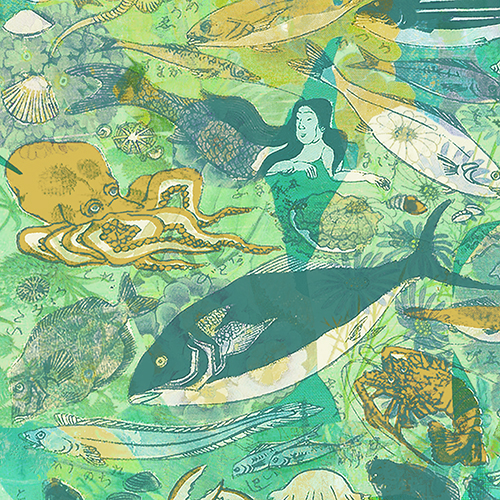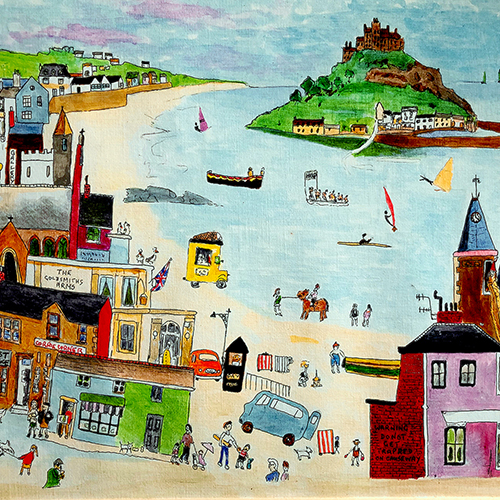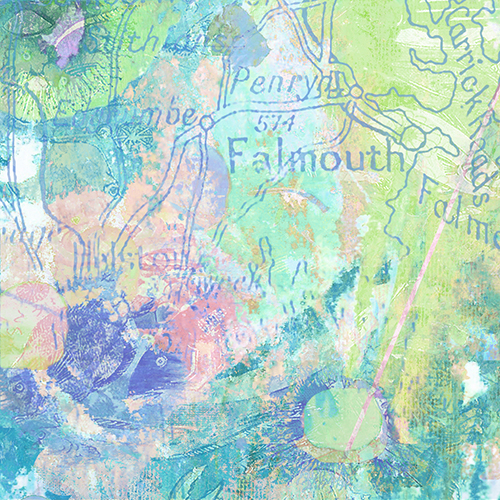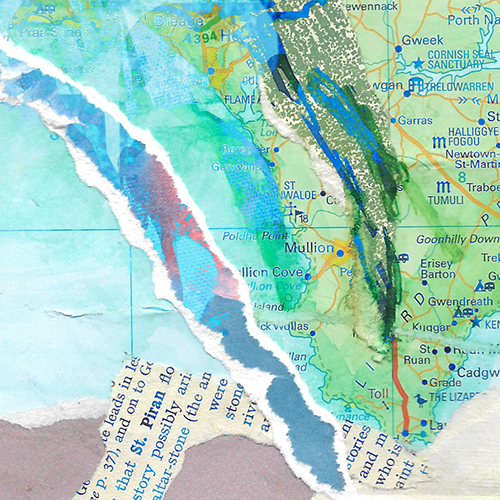Three Poems
'Wave', 'Night Song at Riviere Towans' & 'Ocean Depths'
Poetry
by Susan Taylor
Wave
for Carol Ballenger
The whole idea of the wave is green,
is constructed out of eagerness,
needs no driving force,
only wind to drink in.
It is moved by any direction of wind
into free flow, fall about,
tumbling beautiful, trembling
and shattering into a lather
when it meets anything less mobile,
less sympathetic than itself;
when it meets things locked to the ground,
less volatile than air.
The whole idea is green,
one simple single momentum
like love – one unstoppable solution
pulling from deep down
beyond any sense of the sensible.
This is green
as new as that sensation before beginning,
shaped from the shape of never quite belonging,
yet being the shape of all things
Night Song at Riviere Towans
In the illusion
of galloping white horses,
hoof-prints are heartbeats.
We dream in the dunes
as each wave lifts to reflect
the faces of stars.
Ocean releases
white noise, tumbling like thunder;
deep and absolute.
Ocean Depths
Complete dark:
a black out,
intense,
denser than anywhere
we can go.
Unrecordable sound
travels ocean’s underbelly,
where stasis is
the muffled bell
of a sunken vessel.
Beneath blanket and blanket
of currents,
sea is a merchant
endlessly gathering
her trade.
Sunlight is of surface value.
Bulbous-eyed fish far below
tend a currency of sunken flesh.
Halos of luminescence,
their trinkets of gold.
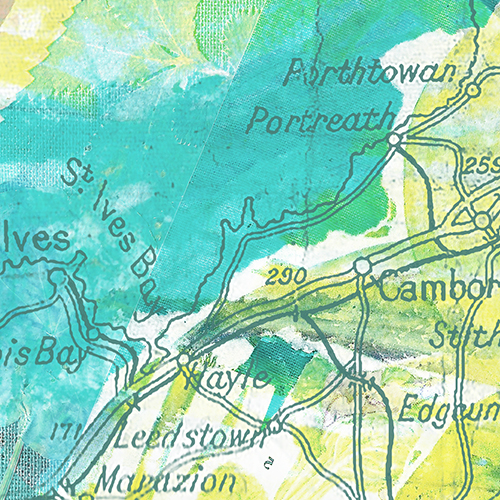
About the Author
Susan Taylor has written poetry since she was 16 when she left school. A concern for the land and all living beings is central to her work. An ex-shepherd from Lincolnshire, she now lives on Dartmoor. La Loba Speaks for Wolf, her tenth collection, has ecology at its heart. Visit her website here: www.susantaylor.co.uk.


